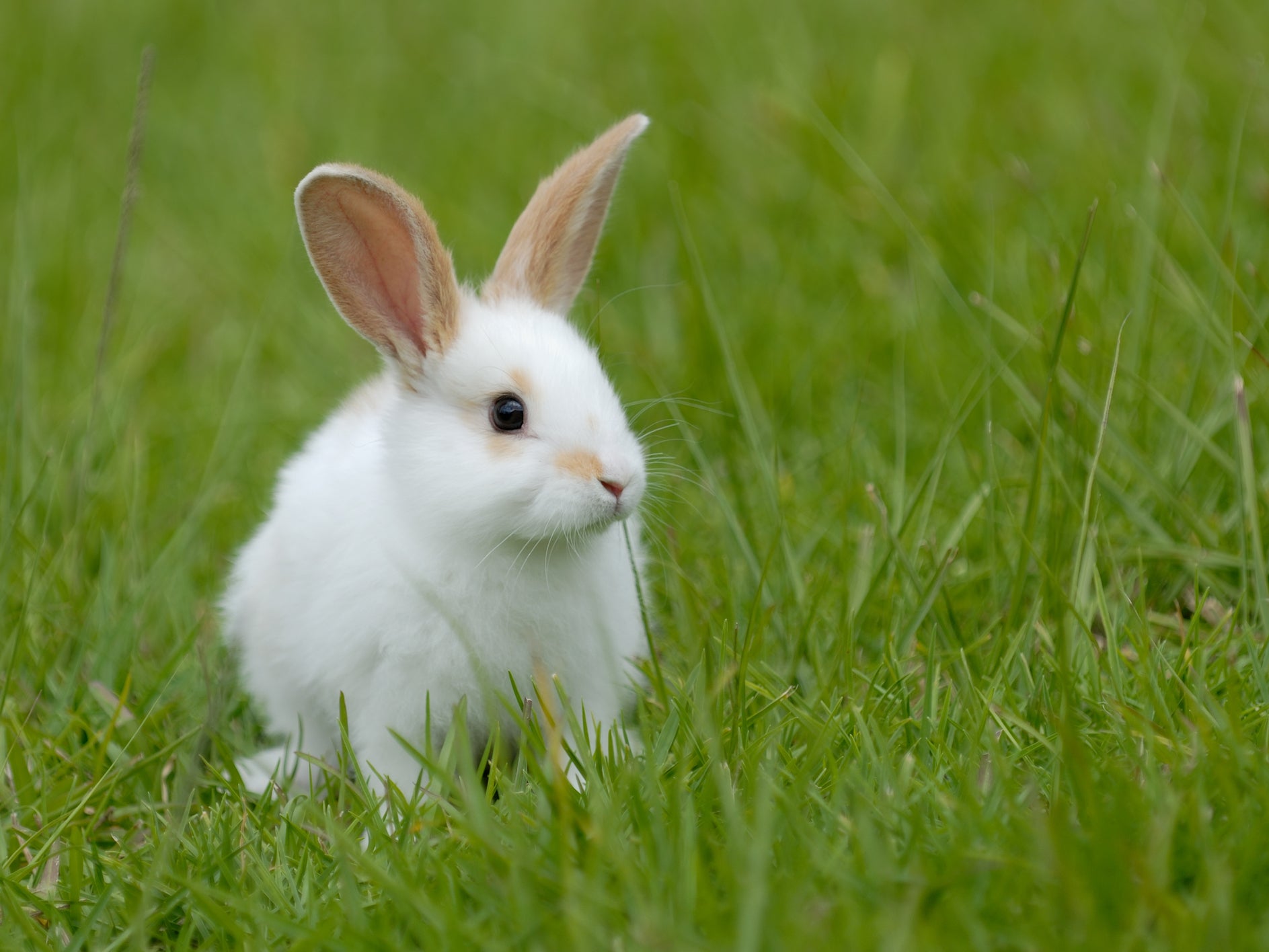Rabbits are stronger and bigger if they eat their own faeces, study finds
Experiment reveals nutritional impact of rabbits' own special dietary supplements

If a rabbit is to grow healthy and strong, then it has to put the work in, and that means dedication to eating its own faeces.
It has long been observed that rabbits display a preference for consuming their softer droppings rather than the hard ones. And a new study has revealed why.
The work, by scientists at Henan Agricultural University in China, led by Ming Lee, found rabbits’ consumption of soft faeces considerably aids digestion and helps rabbits gain weight and strength.
Softer pellets contain less digested matter, and also provide a source of crucial intestinal bacterial flora, which aid metabolism.
To test the nutritional impact eating their own faeces (caecotrophy) has on rabbits, the team raised two groups of New Zealand white rabbits.
The control group was fed normally, and the second group were fitted with conical collars which allowed them to access food and drink, but prevented them from engaging in caecotrophy.
“After a 90-day long experiment period, twelve rabbits were anesthetised and sacrificed”, the study says.
After dissection, the team found the bodyweight, food intake, and growth rate of the experimental group of rabbits were “significantly decreased”.
The animals’ liver weight and amount of stored fat was also lower than those in the control group.
Interpreting the results, the study suggested the soft faeces is rich in vitamins and microbial proteins. With the same feed intake, rabbits prevented from eating faeces would consume 15 to 22 per cent less protein.
The writers said the soft faeces of rabbits contains a large number of microorganisms, and when the rabbits were stopped from eating their faeces, it resulted in changes in the microflora in their digestive tract.
The paper says due to their small body shape the digestive tract volume is limited, so the average amount of time food is in the digestive tract is relatively short. Therefore, small herbivores such as rabbits rely on low-quality, high-fibre plant stems and leaves as food sources, with cellulose from symbiotic microorganisms in the gut aiding digestion.
Because microbial fermentation takes longer than the average time food takes to pass through the digestive tract, “increasing digestibility by ingesting incompletely-digested nutrients is an important nutritional strategy for small herbivores.”

The team said rabbits can obtain 83 per cent of niacin, 100 per cent of riboflavin, 165 per cent of pantothenic acid, and 42 per cent of vitamin B12 from the consumption of their own soft faeces per day.
The open access paper is published on BioRxiv.org.
Join our commenting forum
Join thought-provoking conversations, follow other Independent readers and see their replies
Comments
Bookmark popover
Removed from bookmarks